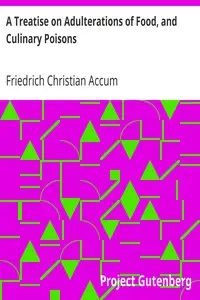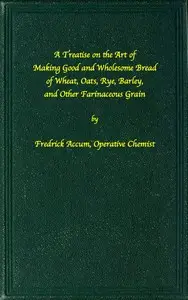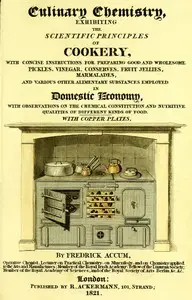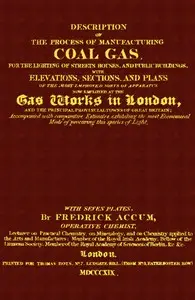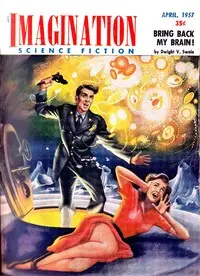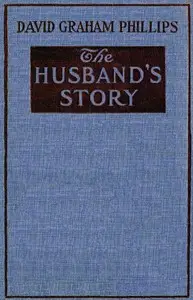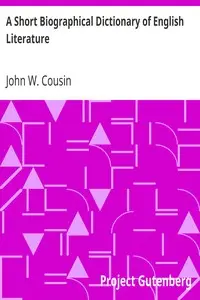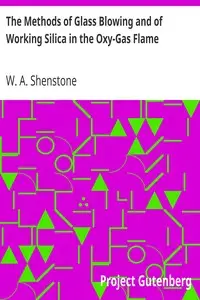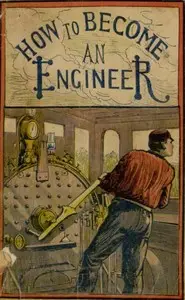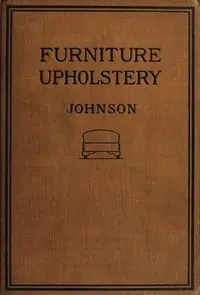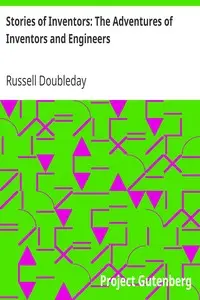"A Practical Treatise on Gas-light" by Friedrich Christian Accum is a scientific publication written in the early 19th century. This work explores the innovative practice of using coal gas as an alternative to traditional lighting methods such as candles and lamps. Accum elaborates on the chemical processes involved in producing gas light, emphasizing its practicality, economic advantages, and implications for domestic and industrial usage. At the start of the treatise, the author presents an overview of the significance of artificial light in human civilization and outlines the purpose of the work, which is to provide a comprehensive examination of lighting with coal gas. He discusses the properties of various combustible materials like tallow and oil, setting the stage for introducing the advantages of gas light. Accum then elaborates on the chemical nature, production methods, and practical applications of gas light, signaling a new era in illumination technology that is to be explored throughout the publication. (This is an automatically generated summary.)
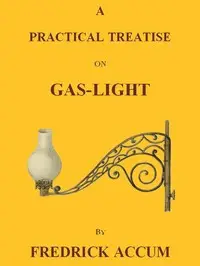
A Practical Treatise on Gas-light Exhibiting a Summary Description of the Apparatus and Machinery Best Calculated for Illuminating Streets, Houses, and Manufactories, with Carburetted Hydrogen, or Coal-Gas, with Remarks on the Utility, Safety, and General Nature of this new Branch of Civil Economy.
By Friedrich Christian Accum
"A Practical Treatise on Gas-light" by Friedrich Christian Accum is a scientific publication written in the early 19th century. This work explores the...
Friedrich Christian Accum or Frederick Accum was a German chemist, whose most important achievements included advances in the field of gas lighting, efforts to keep processed foods free from dangerous additives, and the promotion of interest in the science of chemistry to the general populace. From 1793 to 1821 Accum lived in London. Following an apprenticeship as an apothecary, he opened his own commercial laboratory enterprise. His business manufactured and sold a variety of chemicals and laboratory equipment. Accum, himself, gave fee-based public lectures in practical chemistry and collaborated with research efforts at numerous other institutes of science.


